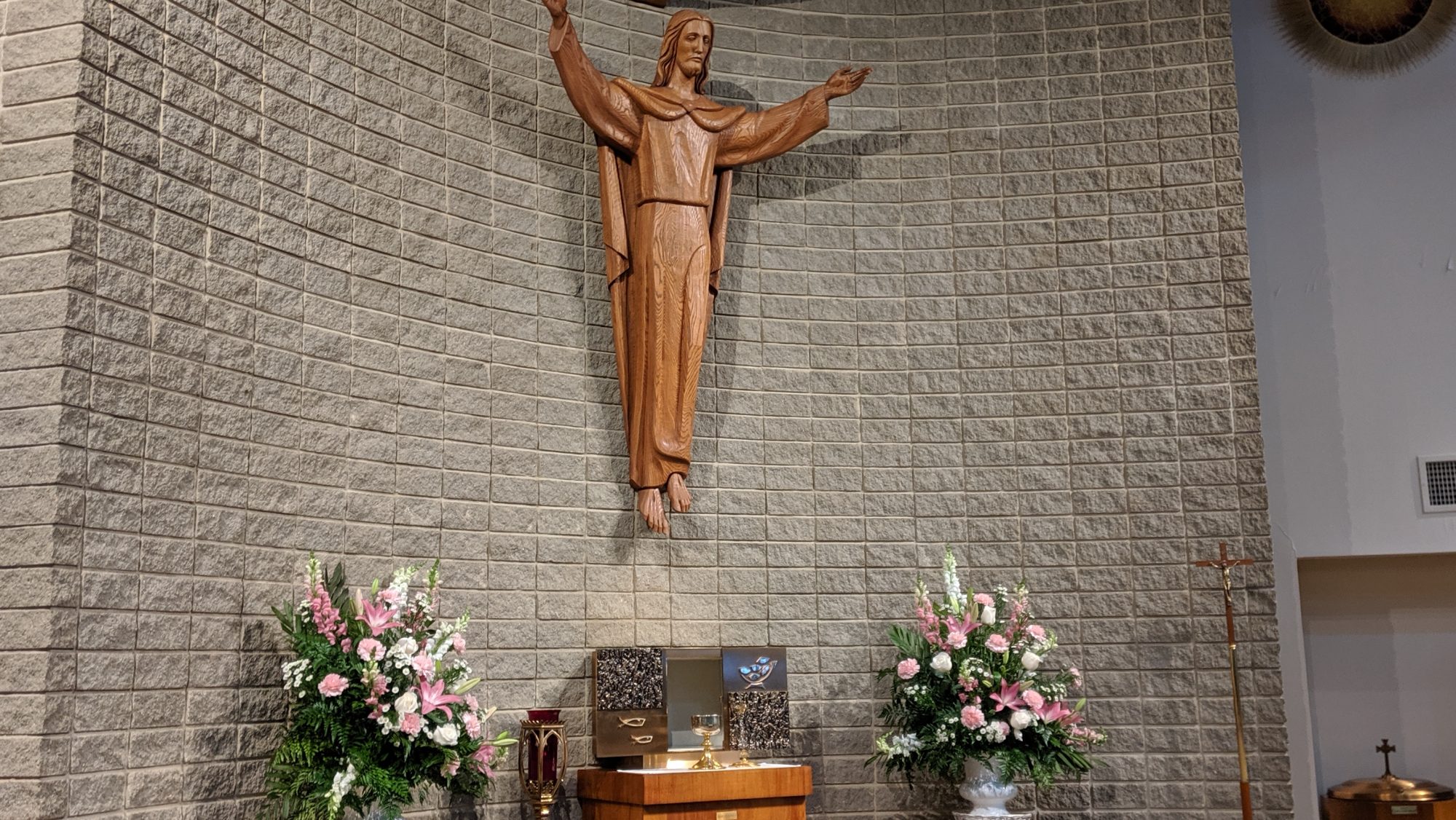When I began primary school (elementary school) the first grade a child entered was called “low-babies.” From there you graduated to “high-babies” and from there to first class (grade). Early on, I remember my parents helping me with my homework, learning to write capital and small case letters on a lined copy-book, and learning to add and subtract. In first grade, and beyond, we had to memorize math tables and we had spelling books with hundreds of words to memorize. From the very first day I hated school, I hated homework, and I hated having to memorize all this stuff.
Once I got out from the basics, and my parents’ keen supervision, I never did any homework. Typically, I would run home from school, throw my book bag in a corner just inside the hall door, scoff down a sandwich and a glass of milk, hit the bathroom (literally), and then head out onto the street to play, soccer, or street cricket, or street tennis, or whatever the seasonal sport was at the time. We played all day, from after school to after dark, only stopping to answer the call of nature or for a food break. It was the same through high school.
The book bag never left the space behind the hall door until the next morning when it was carried to school. It contained the most under used books in school history. In school I would copy homework from my best friend who sat next to me and hope for the best. The worse part came when it was time for spelling. Spelling was a public event. The master would have each boy stand and, in front of the whole class, publicly spell the words we had to memorize the evening before. The consequence for failure was two strokes of a bamboo cane on each hand, multiplied for each failed spelling. Typically, I received six such strokes everyday from first grade to eight grade. Was it deserved? – Yes. Was it worth it? – Darn right! However, to this day my spelling and grammar are crap!
Things only changed when I began to study for the priesthood. I went from an average student to a Doctor of Theology. I have four degrees and still can’t spell to save my life. What changed? Focus, interest, a vision and a goal. I was driven to succeed, and I had a genuine interest in what I was doing. I was focused on what God was calling me to do in life, to be in life, a priest. That made all the difference.
On Ash Wednesday we began Lent. Lent is a time for spiritual reassessment, refocus and renewal. Most of us enter this period in a general way but this year it might be a good idea to focus not on penance, or giving up things, or even alms. Instead, maybe it would be good to focus on what it is God has called us to do in life and who He is asking me to be. If He has asked you to be a husband or wife, ask yourself if you are the husband or wife that your spouse needs you to be. If you are not, well, it’s not too late to change. If you are a father or mother, ask yourself, if you are the father or mother your children need you to be. If you are not well then change. If you are a brother or sister, friend, son or daughter, a priest, a religious sister or brother, or a leader of others; let us ask ourselves – am I a blessing in the life of those I love or who love me? If not – well then, it’s not too late to change. This Lent focus on who God wants me to be; examine your conscience and see who you actually are. If they don’t match well fix the difference. This Lent question, examine, how I live and who I have become, then ask how God wants me to live, who God wants me to be. Then fix the difference. Or better still ask God to help you fix the difference.
Let’s face it, being who God created us to be, is the blessing God intends us to be in the lives of those we live with.

